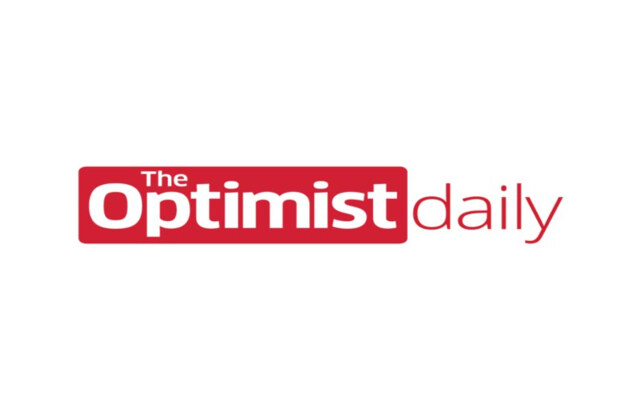Is there room for idealists inside Fortune 500 companies? Christine Bader’s book The Evolution of a Corporate Idealist: When Girl Meets Oil (available in bookstores) chronicles the time she spent with BP, and what it was like to be a Corporate Idealist in one of the world’s largest corporations.
How would you describe corporate idealism in the average American company and how important is its presence in big business?
Christine Bader: “The U.S. has a long tradition of corporate philanthropy, so in this country many Corporate Idealists are in charge of charitable giving; whereas in Europe many Corporate Idealists are focused on the social and environmental impacts of a company’s core business, whether improving conditions in supply chains or mitigating risks to communities living near oil and mining projects. I’d like to see more of the latter: philanthropy is great, but it pales in comparison to the effects that a company has every day on the world with its primary activity.”
How can readers take the lessons you learned while at BP and apply them to their everyday lives?
CB: “I had some incredible adventures with BP around the world, which I recount in the book. But while my story may be unique in its details, it is not in its themes: anyone working in any kind of organization knows how important leadership is, how difficult it can be to convince colleagues who see the world differently, what it means to struggle when your organization lets you down, when it’s time to leave. Those are the themes I explore in the book, weaving in stories from other Corporate Idealists in other companies and industries, as well as other advocates and experts.“
The idea of big business being socially responsible is seen as an oxymoron to many. What do you say to that?
CB: “In the book I recount my time with BP in Indonesia and China, where the “social responsibility” work I did, investing in the communities and contract workers at big project sites, was totally aligned with the success of the business. It wasn’t for public relations purposes: there are plenty of terrible examples around the world, from North Dakota to Zambia, where companies failed to engage with communities, antagonistic relationships developed, and things went horribly wrong for everyone. The people I worked with at BP wanted to see if we could buck that trend.”
How does a company become more socially responsible?
CB: “First, companies should listen to what people are probably saying to them already: what are peoples’ concerns about the business? Even if no one has brought it to their attention yet, where might there be tension between the best interests of society and the best interests of the company?
“The Universal Declaration of Human Rights is a great place to start for companies: it provides a comprehensive list of the rights and freedoms that everyone on the planet is entitled to, that no company can violate.”
This interview is an excerpt of a longer interview that will be printed in the May/ June issue of The Intelligent Optimist.
To read the full interview sign up for a membership. You can also get a free copy of our magazine.












